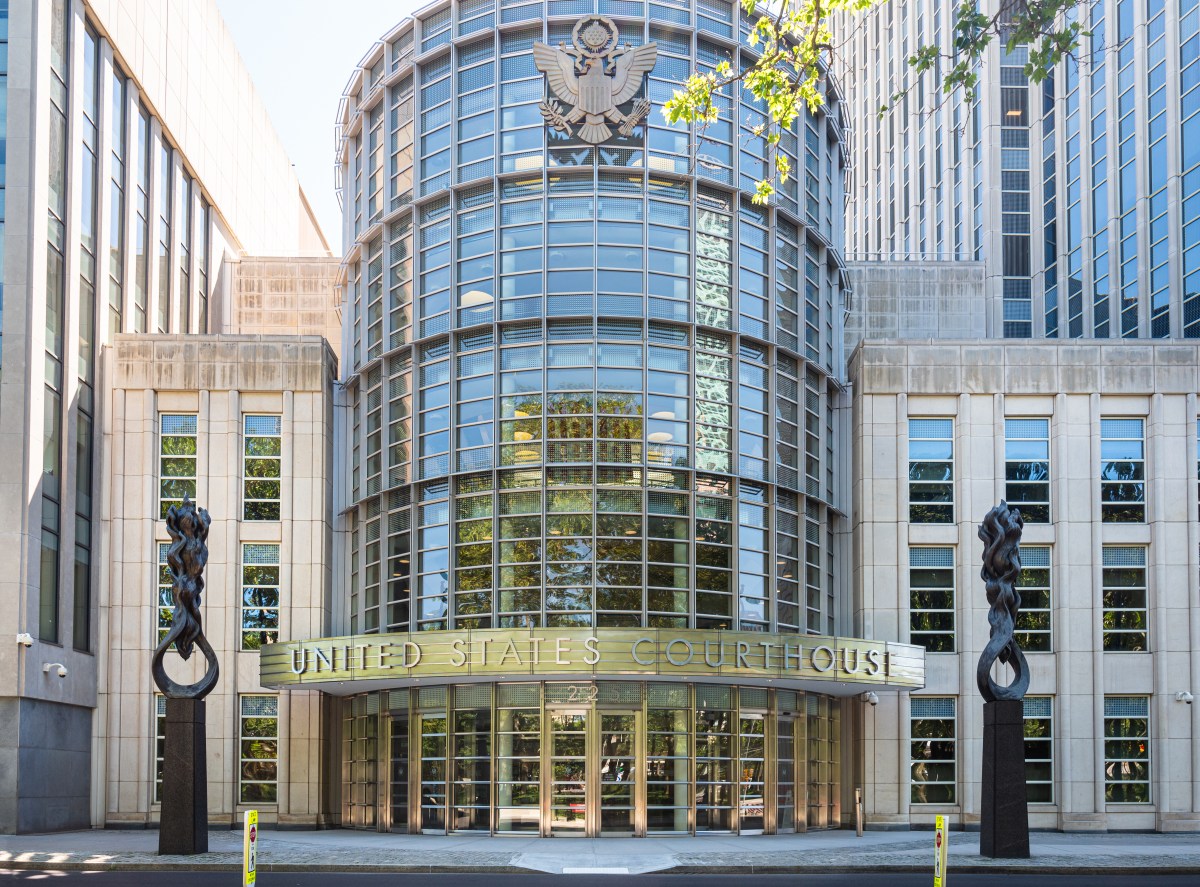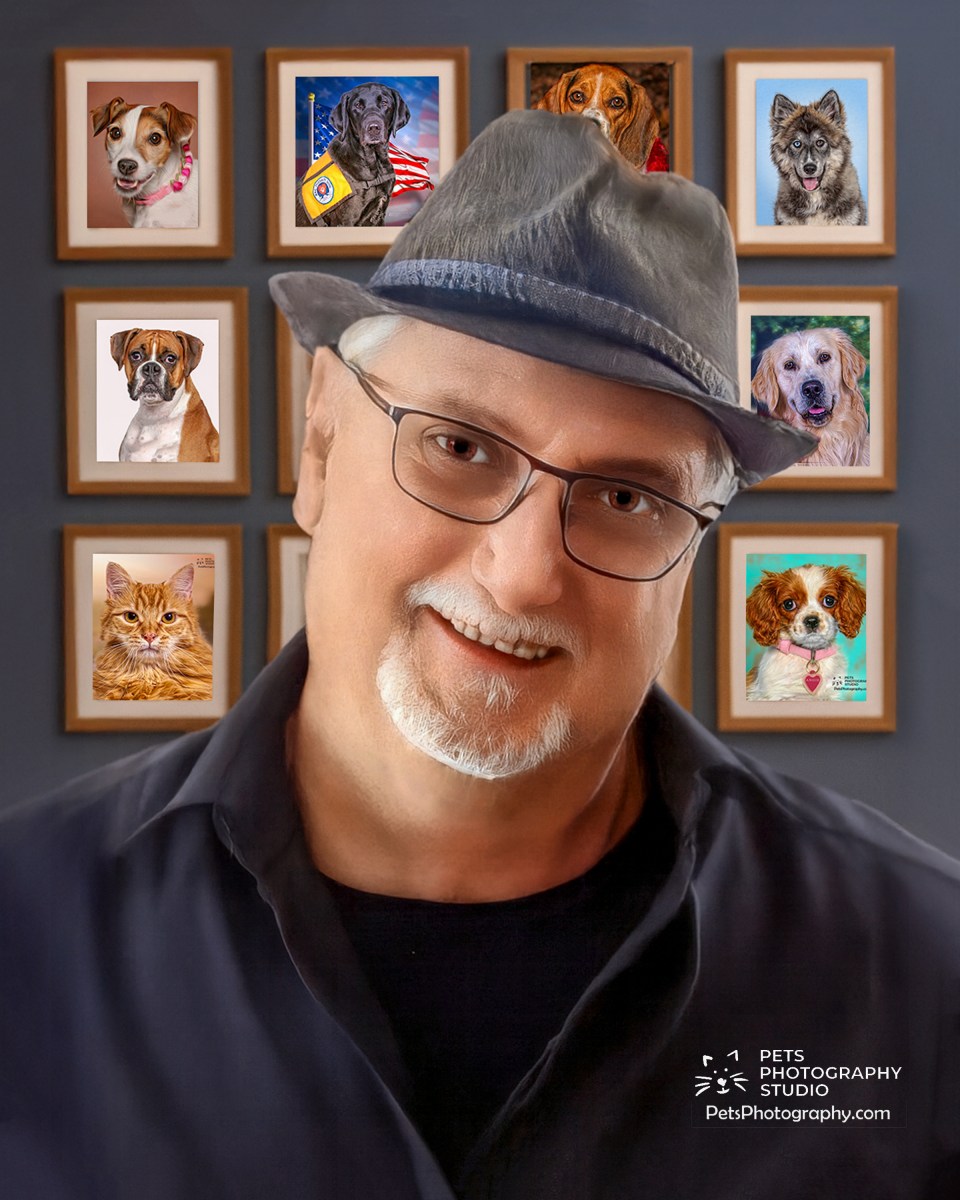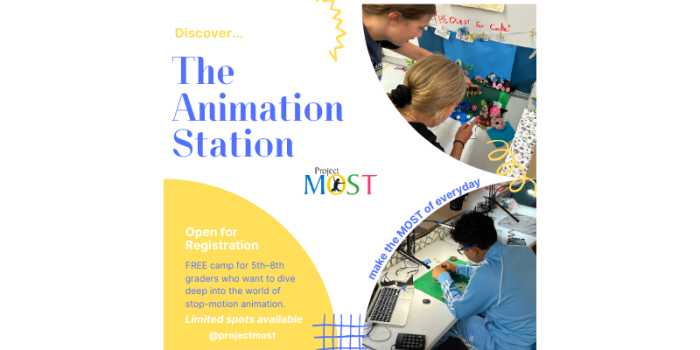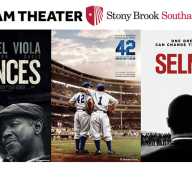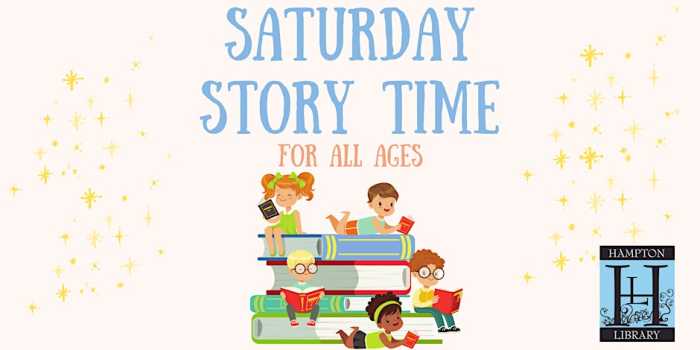Marlo Thomas Brings Wit and Wisdom to Guild Hall
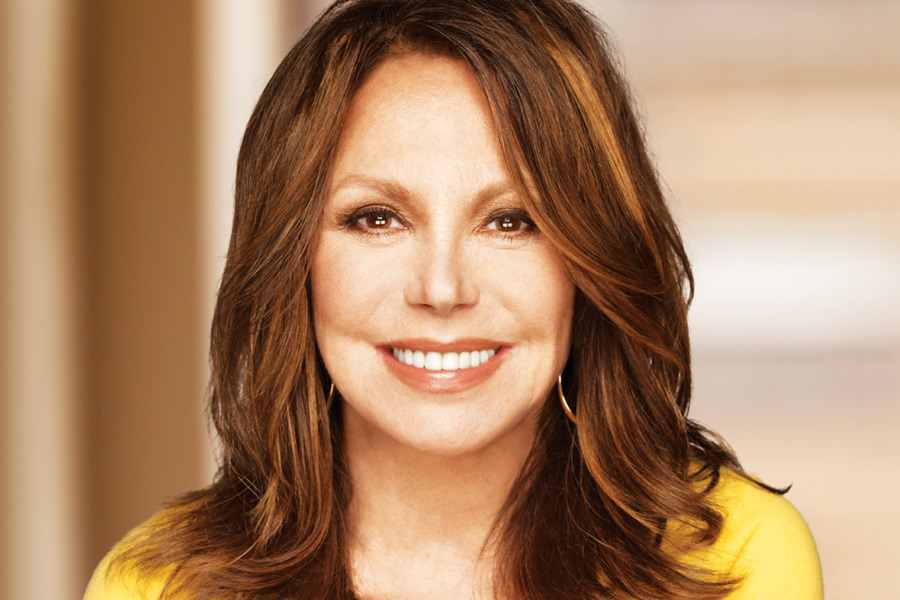
What makes people funny? Marlo Thomas was everyone’s favorite career girl in the groundbreaking TV series That Girl, which ran from 1966–1971. She’s bringing her wit and insights into what makes families tick to Guild Hall, starring in the play Clever Little Lies from July 16 to August 2. She talks with Dan’s readers about what makes people laugh, the influence of her father—famed TV funnyman Danny Thomas, and a lot more.
You’ve gotten terrific reviews for your role in Clever Little Lies. Why were you attracted to the role?
I love the role of Alice because, like the play itself, she’s very funny but deliciously complicated. The story is about a family trying to cope with a huge crisis, and telling little lies to each other to save the situation. Playwright Joe DiPietro is so good at depicting characters who mean well but do irrational things. Alice is the backbone of the family and the most rational, yet she’s not beyond bending the truth either.
Timing has always been a big part of your comedy, as it was for your dad. In fact, The New York Times praised your “dry humor.” Did you get your sense of humor mostly from your dad?
Everything I learned about humor—dry or otherwise—comes from growing up with my father and his comedian pals—and my mother, too, who was just as hilarious. That’s why I called my memoir Growing Up Laughing—I did indeed. What you saw on stage and TV—that unique combination of warmth and humor—was very much what we saw at home: humor was deeply embedded in my father’s personality. One of the reasons he went into comedy was because it had helped him survive a pretty rough childhood as an impoverished son of Lebanese immigrants. His Uncle Tony—my Grandma’s brother, who Dad would depict as “Uncle Tonoose” in Make Room for Daddy—had taught him to find humor in even the darkest corners of his life. And it ultimately became the cushion of his life. Even if he got mad at my sister or brother or me for doing something disobedient, if we had a funny comeback to his reprimand, the argument ended there. I think that’s one of the ways I learned about comic timing—it saved me on many occasions!
Ann Marie, the character you played on That Girl, was beautiful, ambitious—a brave young girl from a small town coming to New York to find a career. Yet, we liked her because she was also kind of innocent.
Well, Ann Marie was innocent in the sense that she mostly saw only the good in other people; and she was certainly innocent in terms of not being promiscuous—what we called “a good girl” at the time. But she was also in her heart a feminist revolutionary. Ann came from who I was at the time—and who a lot of young girls were in America. We were looking to live different lives than our mothers. Growing up, I was always known as “Miss Independence,” had no real desire to marry and settle down, and was passionate about becoming an actress. So I brought all those things to Ann. But the mail that I received from girls who were looking for guidance on how to get what they wanted, in a world that seemed closed to them, compelled me to recognize the gender inequality and injustice that still persisted in our society. That consciousness propelled me into the women’s movement, and introduced me to a world of amazing women who were devoting their lives to these important issues. I’ll always have Ann Marie to thank for that.
Speaking of equality, your book and record Free To Be… You and Me was pretty revolutionary when it came out. How influential do you think it has been?
Well, there’s no doubt that it had a huge impact on the culture at the time—the words “Free to Be” actually entered the language as a kind of slogan for racial and gender liberation. Of course, we had our share of critics. I’ll never forget the words of The Boston Globe critic the day the Free to Be TV special aired in 1972. He wrote, “Keep your children away from the set tonight.” So the world wasn’t changing as fast as we had hoped
What was it like growing up in Beverly Hills?
I have a million Beverly Hills anecdotes—and it was a complete joy to revisit them in my memoir. Like the time Aaron Spelling, one of my father’s business partners, decided that Dad’s legendary Christmas crèche in our front yard was just a tad too Christian, so he paraded a live camel—wearing a blanket emblazoned with a Jewish star—through the streets of Beverly Hills to our house. Or the countless times I rushed home from dates because I didn’t want to miss the action going on in our living room with dad and his pals—George Burns, Sid Caesar, Milton Berle—swapping hilarious stories with each other in our den. I had a ringside seat to all of this. But as I wrote in my book, take away the showbiz and glamour, the comedians and the camels, and Beverly Hills was just like any other neighborhood of families. It was a wonderful childhood and I treasure every memory.
What prompted you to write your books?
All of my books came from a real place in my life—an actual incident that clicked a switch in my brain that made me want to dive headlong into the project. I created Free to Be…You and Me (which was a record before it was a book) when I couldn’t find any storybooks to read to my little niece that would awaken her imagination instead of lulling it to sleep. So I gathered some talented friends who had kids in their lives, and together we created a non-sexist, non-racist entertainment for kids, ultimately rewriting our own childhoods. I wrote The Right Words at the Right Time, after a dad asked me to share with his teenage daughter about the most valuable advice I’d ever received. So I recalled the story of how, when I was a struggling actress, I couldn’t escape from under my famous father’s huge shadow, and I went to him in tears, telling him I loved him but didn’t want to be a Thomas anymore. And he warmly, but firmly, told me, “Run your own race”—and those words changed my life. So I decided to ask 100 people I admired—from former Presidents to stellar athletes like Muhammad Ali to the Dalai Lama—about the words that changed their lives.
I embarked on my latest book, It Ain’t Over… Till It’s Over, after launching my website and hearing from millions of women across the country that they felt stuck—sometimes in a boring job, sometimes in a bad marriage, sometimes in a new empty-nest—and they longed to start dreaming again, but were afraid because they thought it was too late. So all of the women I profiled in the book—more than five dozen of them—prove that it’s never too late.
What do you and your husband, Phil Donahue, like to do in the Hamptons? How do you think Guild Hall audiences might be unique?
Phil and I like to bring our small boat out there in the summer and we often stay with friends. One of the reasons we love it so much—aside from great food markets and stunning scenery—is because there’s a real sense of community in the Hamptons. It’s a little village. I recently went to a comedy performance there, and everyone in the audience seemed to know each other. So I think that kind of family atmosphere will lend itself to the audiences at Guild Hall.
Do you have a favorite role of all those you’ve played in movies, on TV and on stage?
Marie Balter—the woman I played in Nobody’s Child—was a very powerful experience for me, not only because she was an intense character who had a desperate journey through mental institutions to achieve mental health, but also because I was able to spend time with the real Marie, and it was invaluable in developing the character. I also loved playing Jennifer Aniston’s mom in Friends, because, by the time I joined the show, the cast had already honed their comic chemistry down to an art form. It was like being invited to a funny party! And I loved playing Doreen in Elaine May’s George Is Dead.
How involved are you with St. Jude Children’s Research Hospital, which your father founded?
I work on St. Jude 24/7/365. What’s interesting is that Dad had never intended for my sister and brother and me to carry the torch of St. Jude. In fact, he had been quite clear to us that the work of the hospital would not be our burden to carry after he was gone—which was, of course, psychologically brilliant, because we’re all deeply involved in it today. But it wasn’t until after he died that I started to spend more time with the children and their families, and they have changed my life. They have become part of my life, these kids—I’ve been to their graduations and their weddings and even their funerals. I have held a dying child in my arms and said goodbye. I never thought I could bear such a thing. But I have. And it has changed me.
For more information on Clever Little Lies at Guild Hall, 158 Main St. East Hampton, visit guildhall.org or call 631-324-0806. Tickets are $40/$38 members for balcony seating; $55/$53 members orchestra seating, $75/$70 members prime orchestra.

